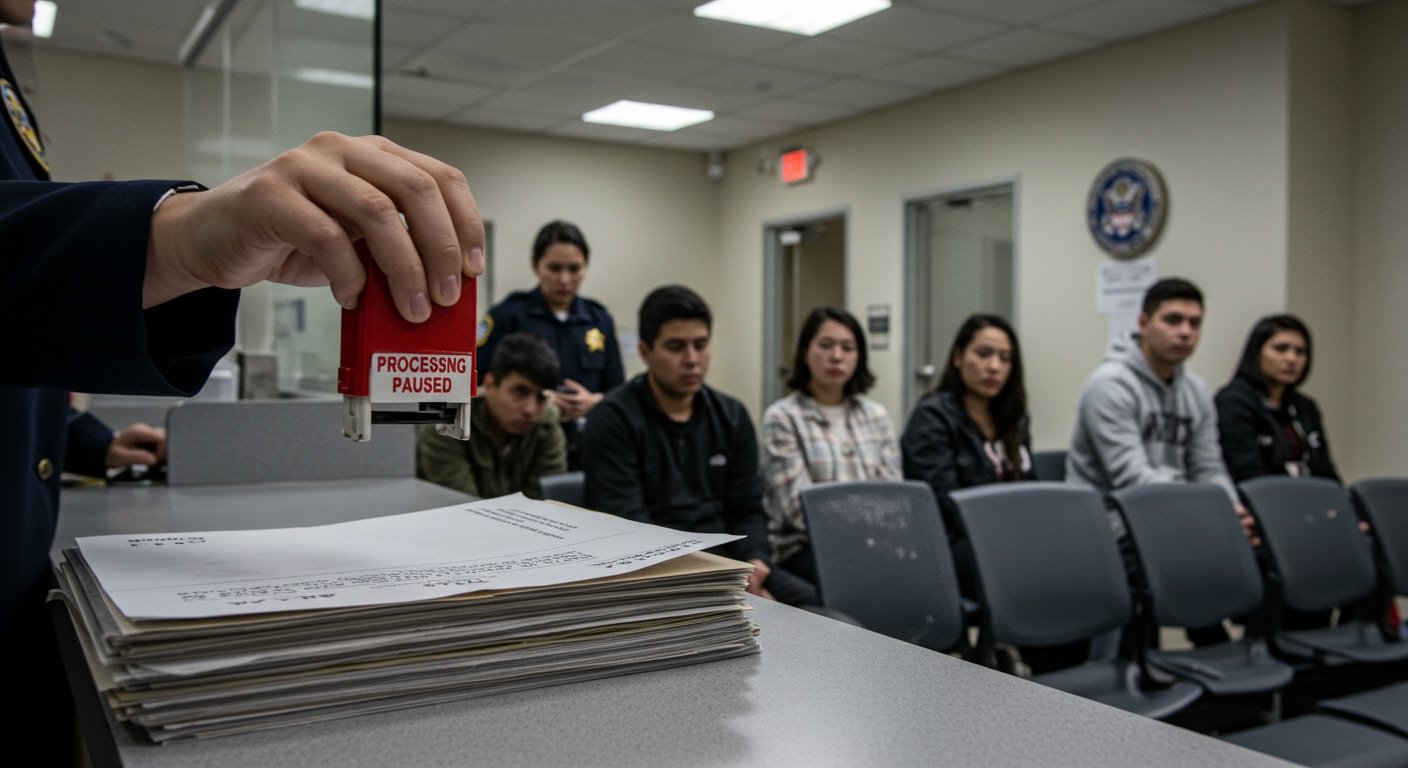Washington D.C., February 24, 2025 – The political landscape in the United States saw a series of rapid developments today, marked by significant actions from the Trump administration, shifts in regulatory enforcement, and persistent civil and corporate disputes across the nation. Events unfolded across governmental departments and into the streets of major cities, reflecting a period of profound change and ongoing tension.
Regulatory Shifts and Corporate Cases
In developments closely watched by the technology and financial sectors, the Department of Justice (DOJ) reportedly dropped its investigation into Elon Musk’s company, SpaceX. This move signals a potential shift in governmental scrutiny of the aerospace and satellite communications giant. Concurrently, the Securities and Exchange Commission (SEC) has also reportedly dropped its lawsuit against the cryptocurrency exchange platform Coinbase. These regulatory decisions, if confirmed, could have substantial implications for the respective industries, potentially alleviating legal pressures on two prominent players.
However, regulatory actions were not the only legal battles making headlines. In North Dakota, a trial commenced concerning a substantial $300 million SLAPP (Strategic Lawsuit Against Public Participation) lawsuit. This suit was filed by Energy Transfer, the company behind the Dakota Access Pipeline, against the environmental organization Greenpeace. The lawsuit alleges that Greenpeace engaged in unlawful activity during protests against the pipeline’s construction. The start of this trial highlights the escalating legal conflict between corporations and activist groups challenging large infrastructure projects.
Immigration Policy and Transfers
Immigration policy and enforcement remained a focal point of the administration’s activity. Today, the Trump administration transported 15 immigration prisoners from Texas to the U.S. naval base at Guantanamo Bay, Cuba. This action follows a recent transfer of 177 Venezuelan citizens to Honduras. These transfers occur amidst reports that the administration is preparing to utilize U.S. military sites within the continental United States for detaining undocumented people designated for deportation. The potential use of military facilities for immigration detention underscores a hardening stance on border control and deportation procedures.
Military Leadership Shakeup
A sweeping change in military leadership was also announced today. President Trump fired General Charles Q. Brown as the Chair of the Joint Chiefs of Staff, the principal military advisor to the President, Secretary of Defense, and National Security Council. General Brown, who assumed the role relatively recently, will be replaced by Dan Kaine. This high-level dismissal is part of a broader pattern of changes within the Department of Defense. Defense Secretary Pete Hegseth followed suit by firing Navy chief Admiral Lisa Franchetti. Secretary Hegseth also dismissed top legal officials, specifically targeting the top lawyers for the Army, Navy, and Air Force. These rapid changes at the highest levels of the military and its legal counsel signal a significant restructuring of defense leadership under the current administration.
University Protests Persist
Across the country, civil actions continued, particularly on university campuses. Students at Columbia and Barnard College in New York launched new actions today protesting the expulsion of two students involved in pro-Palestinian demonstrations. The expulsions, stemming from their participation in campus protests, have ignited further student activism, highlighting the ongoing tensions surrounding free speech, protest rights, and institutional responses to political demonstrations on university grounds.
USAID Restructuring
The United States Agency for International Development (USAID), a key arm of U.S. foreign aid and development policy, is reportedly undergoing a significant restructuring. Reports indicate that the Trump administration has fired around 2,000 USAID workers and placed thousands more on paid leave. These actions are said to be part of broader efforts underway to dismantle the agency, suggesting a potential shift in the approach to international development assistance and foreign policy implementation.
State-Level Friction
Beyond federal actions, President Trump reportedly engaged in a public disagreement with Democratic Governor Janet Mills of Maine. The dispute centers on the contentious issue of transgender girls competing in school sports. This public spar highlights the ongoing national debate over transgender rights and inclusion, which continues to be a point of contention between the federal executive and state-level leadership.













